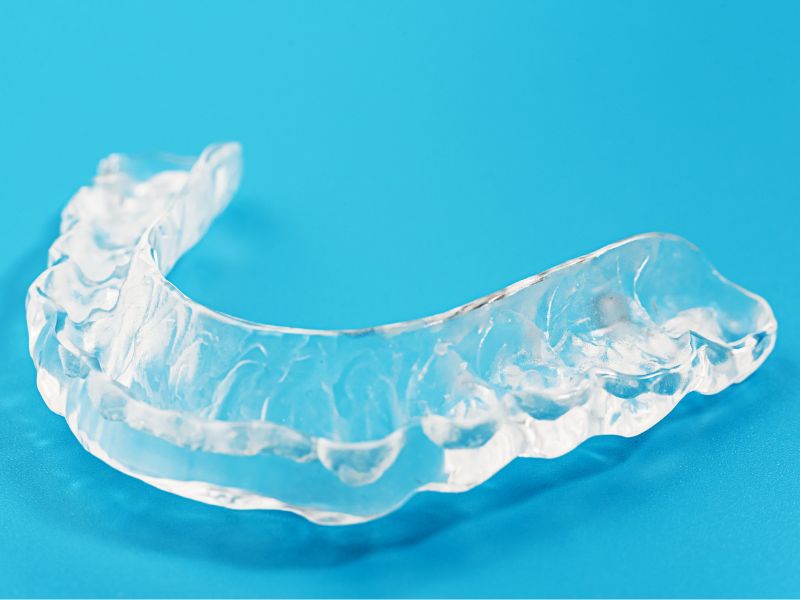Temporomandibular Joint Disorders, commonly referred to as TMD, are conditions that affect the temporomandibular joints (TMJ) and the surrounding muscles and tissues. The TMJ is the joint that connects your jawbone to your skull, allowing you to open, close, and move your jaw smoothly. When problems occur with this joint, it can lead to a range of symptoms and discomfort associated with TMD.
TMD can have a significant impact on your overall quality of life. The symptoms and discomfort associated with TMD can affect your daily activities, including speaking, chewing, and even smiling. Here are some of the ways TMD can impact your quality of life:
The good news is that TMD can often be effectively managed with various treatment options. Our experienced dental team will work closely with you to develop a personalized treatment plan based on your specific needs. Here are some common treatment approaches for TMD:
At our dental practice, we understand the impact that TMD can have on your daily life. Our dedicated team of dental professionals is committed to providing you with compassionate care and effective treatment options to alleviate your symptoms and improve your overall quality of life. If you are experiencing any symptoms of TMD or have concerns about your jaw function, we encourage you to schedule a consultation. We will conduct a comprehensive examination, discuss your symptoms and treatment options, and work together to create a personalized treatment plan tailored to your needs.
Take the first step towards finding relief from TMD and restoring your oral health by contacting our dental practice today. We look forward to helping you achieve a pain-free, comfortable smile!


Disclaimer: All the material presented in this website is to inform and educate patients. However, every case or individual is unique and therefore, it should not be used to take any diagnostic or therapeutic decision without previously consulting a licensed dentist.
ADA Compliance: The publisher of this website is committed to providing an accessible website. If you have difficulty accessing content, have difficulty viewing a file on the website, or notice any accessibility problems, please contact us to specify the nature of the accessibility issue and any assistive technology you use. We strive to provide the content you need in the format you require.